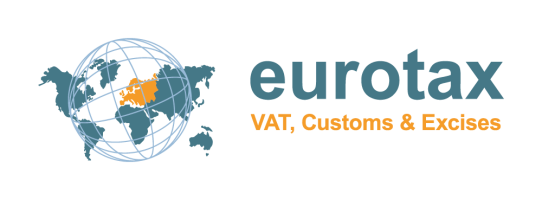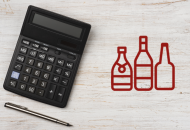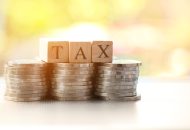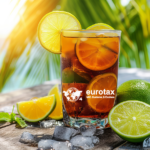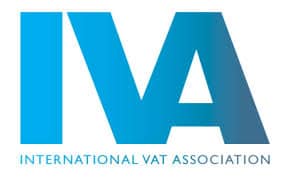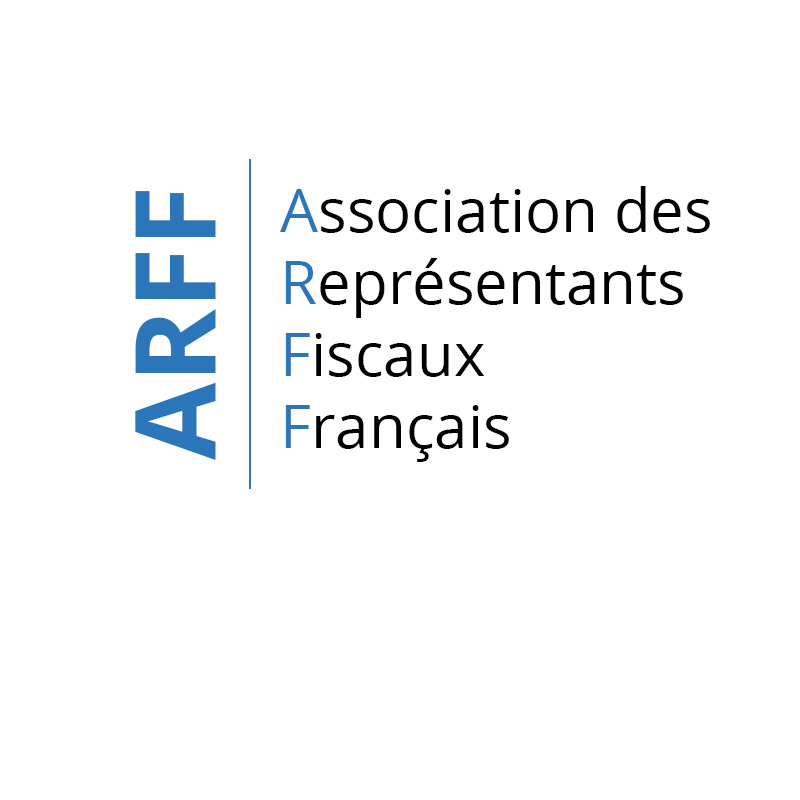If your company is trading within the alcohol industry in the Netherlands, it is important to understand the country’s excise duties. This guide will provide you with a global overview of alcohol excise duties in the Netherlands, including exemptions, and compliance requirements.
What are alcohol excise duties?
Alcohol excise duties are taxes that are applied to alcoholic beverages at various stages of production and distribution. These taxes are designed to generate revenue for the government, while also discouraging excessive consumption of alcohol. In the Netherlands, excise duties are applied to beer, wine (still and sparkling), intermediary products and spirits, and are based on the category, volume, and alcohol content of the product. The rates of excise duties can vary depending on the type of alcohol and the intended use of the product.
How are alcohol excise duties calculated in the Netherlands?
In the Netherlands, alcohol excise duties are calculated based on the volume and alcohol content of the product. In most cases, the higher the alcohol content and volume of the product, the higher will be the excise duty applied. For example, the excise duty on beer is calculated based on the concentration of beer produced (Plato degrees), while the excise duty on spirits is calculated based on the alcohol volume of the product. It’s important to understand these calculations to accurately price your products and comply with the Dutch legislation. For example, the excise duty for a bottle of Champagne sent to the Netherlands will be 0,66€ and for a bottle of whisky with 40°of alcohol, the excise duty will be 4,72€.
Who is responsible for paying alcohol excise duties?
In the Netherlands, the producer or importer of the alcohol is responsible for paying the excise duties. Nevertheless, the treatment of excise duties depends a lot on the status of the recipient of the goods as well as whether the goods are kept under suspension or already released for consumption. Eurotax team can assist you in analyzing the correct treatment of your transactions to the Netherlands with regards to excise duties. It’s important to keep accurate records of all alcohol transactions and to ensure that the correct amount of excise duty is paid to avoid penalties and fines.
Are there any exemptions for alcohol excise duties?
There are some exemptions available for alcohol excise duties in the Netherlands. For example, small producers of beer, wine, and spirits may be eligible for reduced rates of excise duty. Nevertheless, it’s important to carefully review the regulations and guidelines to determine whether your business is eligible for these reductions.
How to comply with alcohol excise duty regulations in the Netherlands?
Compliance with alcohol excise duty regulations in the Netherlands is crucial for businesses involved in the production, import, and retail of alcohol. To comply with these regulations, businesses must register with the Dutch Tax and Customs Administration and obtain the necessary permits and licenses. They must also accurately calculate and pay the required excise duties on their alcohol products. Failure to comply with these regulations can result in fines and legal consequences. It’s important to stay up to date with any changes or updates to the regulations to ensure ongoing compliance. Eurotax can help you with your alcohol excise duties in the Netherlands, visit our service page or contact us for more information.
